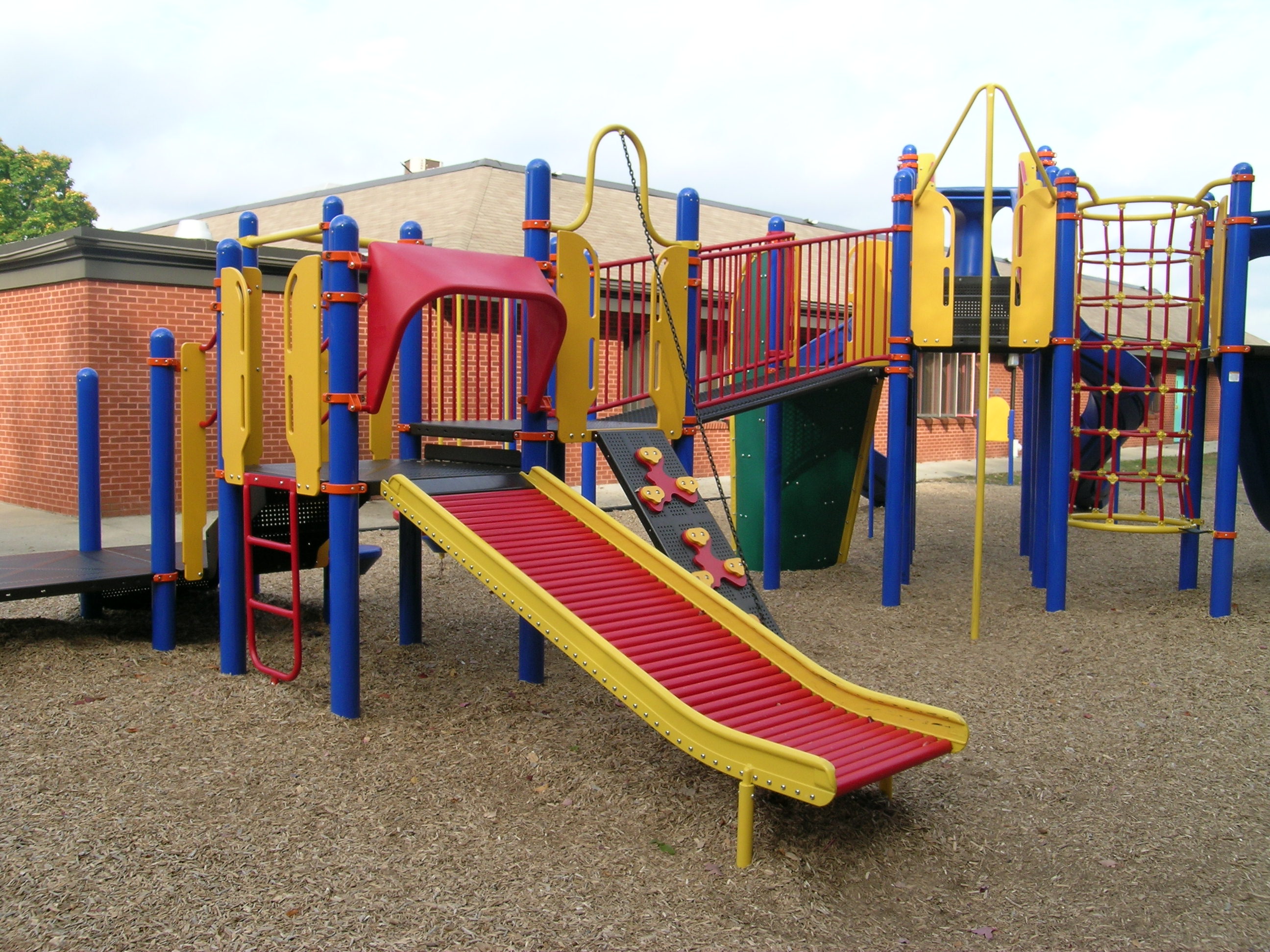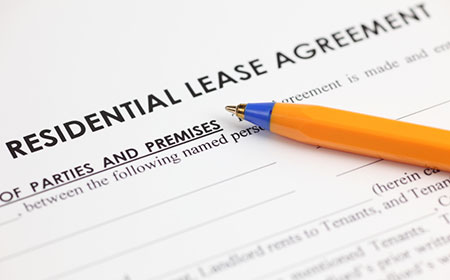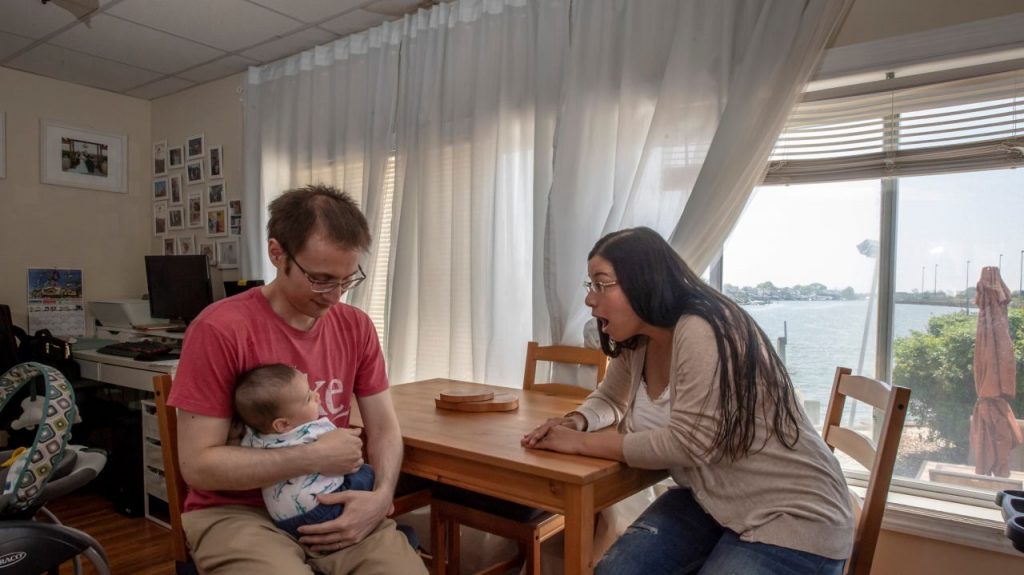We recently talked about the importance of providing a move out checklist for your tenant, and how much easier it’ll make the process for the both of you. Once your tenant is all moved out and the property is empty, the next step on your agenda is to conduct the walk-through.
The walk-through is a very important step in the process because it allows you to assess the condition that your property was left in and determine what your previous tenant is liable for. When conducting the walk-through, you should take a record of what damages and/or issues the tenant may have noticed when first moving in, a report of any maintenance problems they may have had while living there, and the move-out checklist that they completed for you. You may want to consider making a chart where you can document all of these things so as to avoid having to be going back and forth.
The first thing you should pay attention to when doing the walk-through is whether or not your previous tenant did everything that they were responsible for. Look at the checklist and make sure that everything on it is done, because are the things that your tenant was held fully liable for. If something hasn’t been done, make note of it so that you can see if it will need to come out of their security deposit or if you will need to charge them additional for it.
Once you’ve determined what the tenant is still responsible for, look at reports of existing issues, and maintenance problems that may have come up while your tenant was living there. This way, you’ll be able to see if any problems still exist and if repairs held up well. You can then determine was needs to be fixed or replaced before the next tenant moves in.





 tantly, allowing you to have lots of options and choose what’s best for you. We all know the classic payment method: checks. Checks are easy because mobile banking now allows you to cash them instantly, but they still require your tenant to bring them to you. Online payments are great because they’re pretty quick for both you, and your tenant. An online system works well when you have a lot of tenants. Another way that people transfer money that’s becoming quite popular is via mobile apps. Mobile apps like Venmo and Square Cash have made it possible for people to transfer money to each other almost instantly. Though this is still fairly new, it may be something you want to consider.
tantly, allowing you to have lots of options and choose what’s best for you. We all know the classic payment method: checks. Checks are easy because mobile banking now allows you to cash them instantly, but they still require your tenant to bring them to you. Online payments are great because they’re pretty quick for both you, and your tenant. An online system works well when you have a lot of tenants. Another way that people transfer money that’s becoming quite popular is via mobile apps. Mobile apps like Venmo and Square Cash have made it possible for people to transfer money to each other almost instantly. Though this is still fairly new, it may be something you want to consider.

